AZ, Daiichi inks an oncology deal; Moderna begins Phase III trial of its COVID-19 vaccine; No good news for Solid’s DMD gene therapy trial
Jul 28, 2020
AZ, Daiichi put their trust into TROP2-based drugs, inks an oncology deal to together develop and commercialize DS-1062
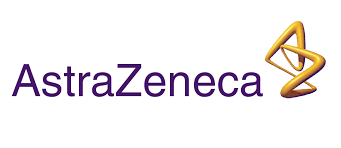
AstraZeneca has inked an oncology deal with Daiichi Sankyo to jointly develop and commercialize an antibody-drug conjugate DS-1062 (trastuzumab deruxtecan), worldwide except in Japan. Daiichi holds exclusive rights to the drug in Japan.
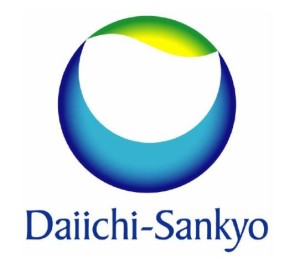
Daiichi’s DS-1062, a trophoblast cell-surface antigen 2 (TROP2) directed DXd antibody-drug conjugate (ADC) is currently in Phase I clinical trial for multiple cancer types including the majority of non-small cell lung cancer (NSCLC) and triple-negative breast cancer (TNBC).
Under the term of the deal, AZ will pay Daiichi an upfront sum of USD 1 Billion in staged payments. Daiichi will also be eligible to receive up to USD 1 Billion upon receiving regulatory recommendations and milestone sale-related payments of up to USD 4 Billion. In return, AZ gets to be an equal shareholder of the profits on the sale of the drug conjugate. The duo had entered into a similar kind of collaboration last year to develop and commercialize Daiichi’s Enhertu; a HER2 directed DXd ADC.
Downloads
Click Here To Get the Article in PDF
Recent Articles
- Amgen to Purchase Horizon Therapeutics; IND Clearance to Vertex’s VX-522; FDA Fast-Track Designat...
- Beam’s BEAM-302 Earns FDA Orphan Drug Tag for AATD; Incannex’s IHL-42X Moves to Phase III After F...
- Notizia
- FDA Grants Orphan Drug Designation for Ractigen’s RAG-21 in ALS; Intellia’s Nexiguran RMAT for AT...
- Pfizer to acquire Arena Pharma; Takeda’s ‘Wave 2’ multiple myeloma med data; No...
However, companies are not the only ones who believe in the potential of TROP2-based drugs. Immunomedics has recently won the FDA recommendation for its anti-TROP2 ADC, Trodelvy (sacituzumab govitecan-hziy) indicated for metastatic triple-negative breast cancer (TNBC).
With an additional aid of USD 472 Million, Moderna begins Phase III study of its COVID-19 vaccine, mRNA-1273
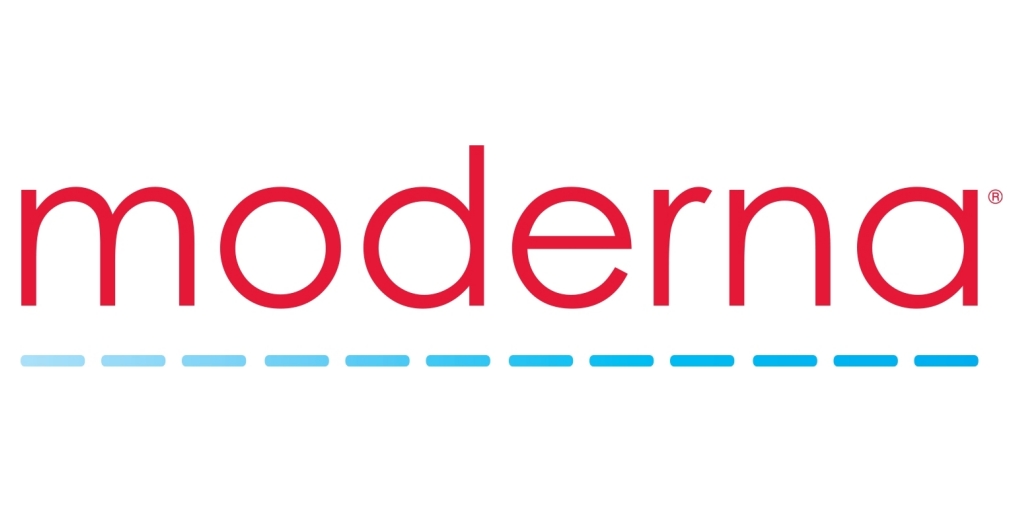
Moderna has initiated the first large-scale Phase III clinical trial of its COVID-19 vaccine, mRNA-1273 after an expanded contract with the Biomedical Advanced Research and Development Authority (BARDA).
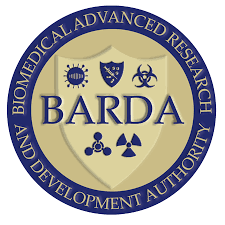
The company also received additional funding from the BARDA worth USD 472 Million to support the Phase III clinical development of the vaccine. Earlier, the company had received up to USD 483 Million from the BARDA, making the total grant of up to USD 955 Million to the company.
The Phase III COVE (Coronavirus Efficacy) trial will include about 30,000 participants from the US. The randomized, placebo-controlled trial will evaluate 100 micrograms of doses of the vaccine. The primary endpoint of the study will be the prevention of symptomatic COVID-19. Key secondary endpoints of the study are prevention of severe COVID-19, defined as the need for hospitalization, and prevention of SARS-CoV-2 infection regardless of symptoms.
At present, more than 150 vaccine candidates are in various stage of clinical development against SARS-CoV-2.
No relief to Solid Biosciences as FDA demands more data to lift the hold on the company’s DMD gene therapy trial
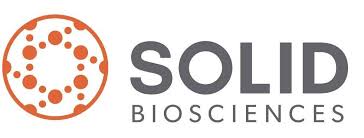
Solid Biosciences announced the decision of the US FDA to maintain a clinical hold on Solid’s Phase I/II clinical trial, IGNITE, for DMD.
The trial is evaluating SGT-001, which is a novel adeno-associated viral vector-mediated gene transfer indicated for Duchenne muscular dystrophy. The drug delivers a synthetic dystrophin gene, called micro-dystrophin, in order to address the genetic aberrations in DMD patients. However, last year due to adverse side effects such as complement activation, a decrease in red blood cell count, acute kidney injury and cardio-pulmonary insufficiency, the drug caused, the US FDA decided to put the trial on a clinical hold.
In April 2020, Solid submitted the information and measures taken to improve the patient experience and safety of the drug; however, the regulatory authority does not seem to be impressed with the information provided and requests for more information on the manufacturing process, updated safety and efficacy data for all patients dosed, and additional direction on total viral load to be administered per patient.
Downloads
Article in PDF
Recent Articles
- 8 Emerging Bispecific Antibodies Transforming NSCLC Treatment
- Merck supports Peloton Therapeutics; Thermo Fisher, WuXi and Mayo Clinic join hands; JNJ’s ...
- Eisai Submits Marketing Authorization Application for Tasurgratinib; CHMP Issues Positive Opinion...
- Genentech’s gantenerumab Fails in Phase III Trial; CHMP Recommends’ Dupixent; FDA Clears Imfinzi ...
- Pfizer uses; FDA approves; EMA approves; Mylan launches



